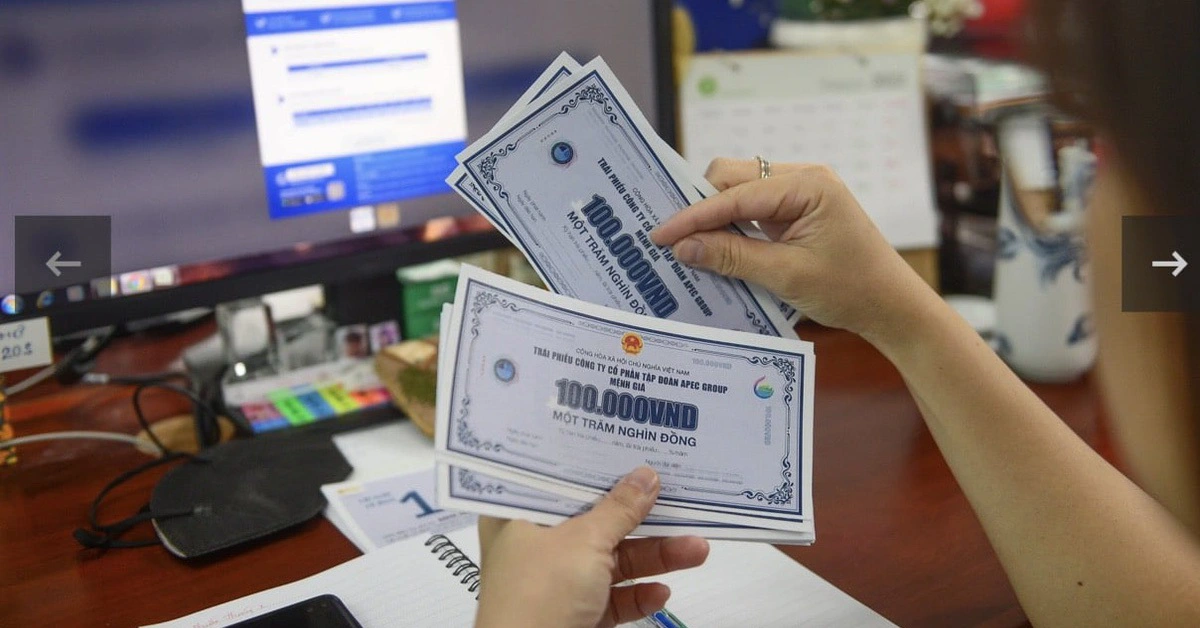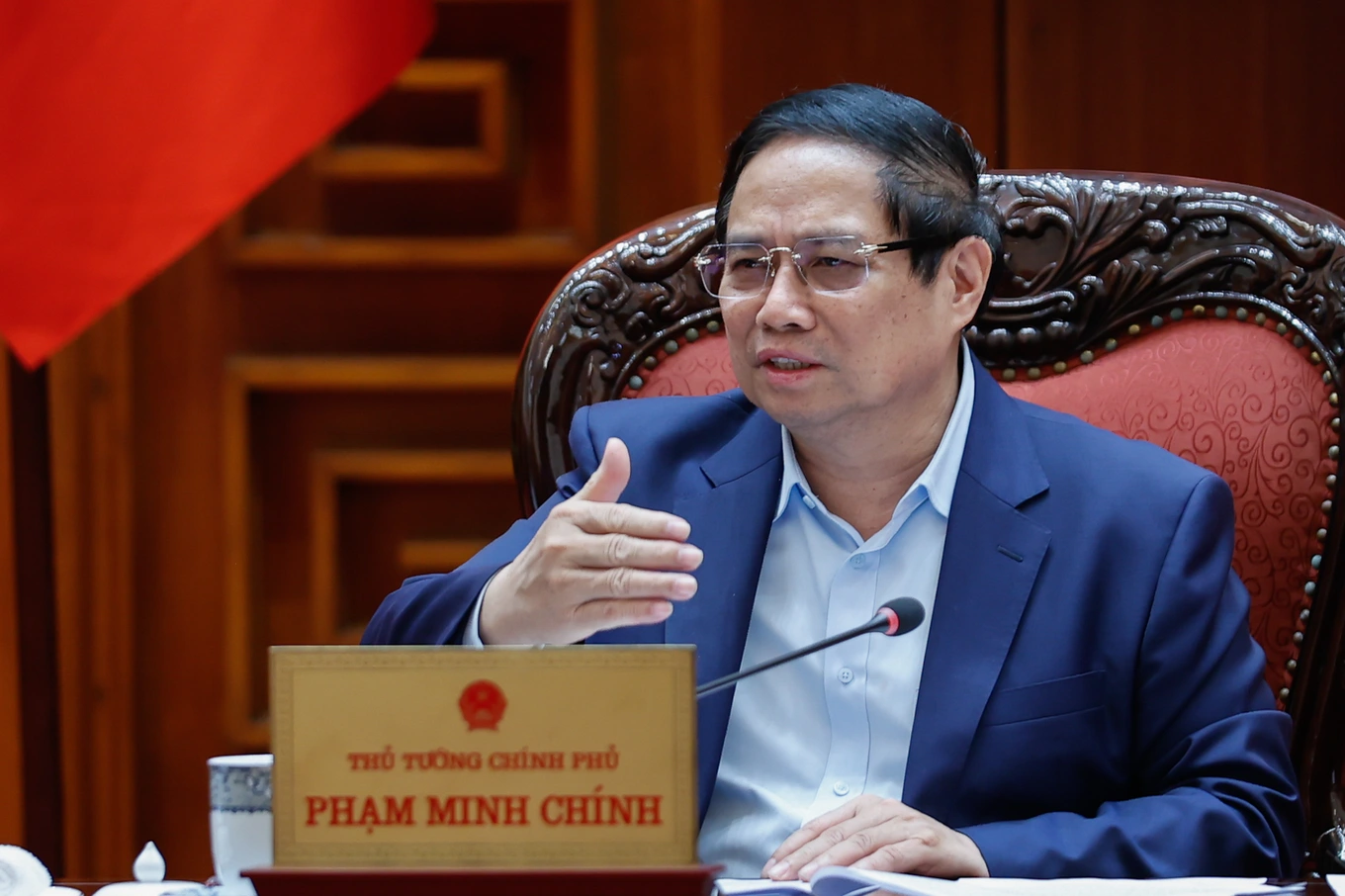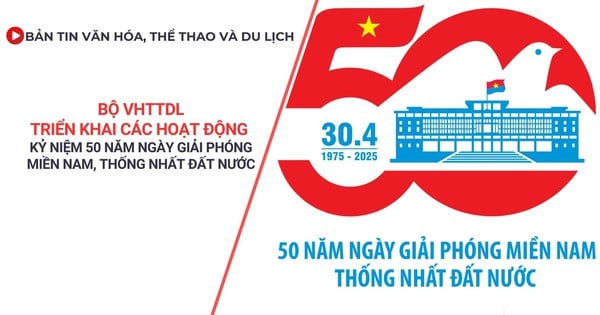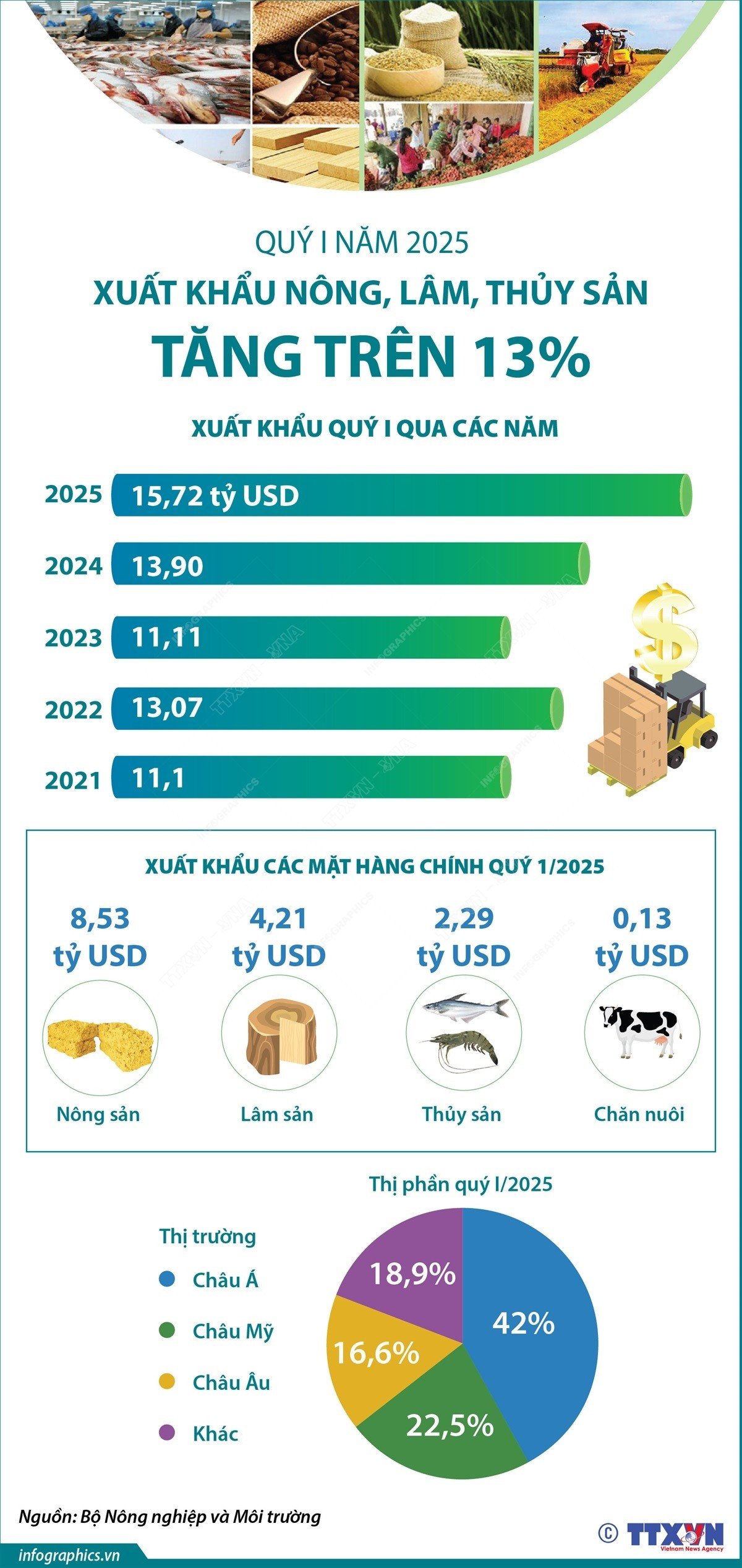At the 5th session, the National Assembly gave its first opinion on the draft Law on Credit Institutions (amended), in which the issue of reducing the share ownership ratio of individual shareholders, institutional shareholders, shareholders and related persons of such shareholders from not exceeding 5%, 15%, 20% to 3%, 10% and 15% was hotly discussed by delegates.
Many National Assembly delegates commented that the issuance of regulations to reduce the ownership ratio of shareholders and the credit ratio for a single customer/group of customers only solves the "tip" of the cross-ownership situation...
 |
| Cross-ownership, manipulation of banking activities, "backyard" lending... are becoming more complicated. (Source: VNA) |
Can cross ownership be limited?
According to the State Bank's report, the reduction in the share ownership ratio aims to limit the problem of manipulation of banking activities and limit cross-ownership.
However, Associate Professor Dr. Dang Van Thanh, Vice Chairman of the Economic and Budget Committee of the 11th National Assembly, wondered how this issue would be resolved in practice? Could it be fundamentally resolved when reducing the share ownership ratio?
According to Mr. Thanh, the drafting agency needs to provide a convincing explanation for the basis for these figures or the negative impact of reducing the share ownership ratio in credit institutions, but only with the argument that it is specific to Vietnam.
In fact, there is no banking law in the world that mentions cross-ownership as in Vietnam. The regulations against cross-ownership according to international practices also do not mention the above ratio. Most importantly, the draft Law on Credit Institutions should comply with international practices. Therefore, the drafting agency needs to make an assessment to clarify whether the cause of cross-ownership comes from the provisions of the law or from the implementation organization, thereby making correct and truly effective decisions.
According to Mr. Thanh, lowering the ownership ratio only solves the problem "on the surface", is a passive solution, and does not have strong enough sanctions to handle violations. Meanwhile, to limit cross-ownership in credit institutions, management agencies must ensure publicity, transparency, and strictly handle related organizations and individuals.
Associate Professor, Dr. Dang Van Thanh believes that preventing cross-ownership is not about the 5% or 3% share ownership ratio, but the important thing is the monitoring mechanism and public reporting to know the legal entities involved as well as the influence on the organization of banking activities. SCB Bank is a typical example.
According to Mr. Thanh, cross-ownership is a moving target, even invisible. To deal with the moving target, the draft Law on Credit Institutions only aims the “cannon barrel” at the fixed fulcrum, which is the constant of ownership ratio, resulting in missing the target.
“It seems that cross-ownership is only a ‘specialty’ of Vietnam. That is because the Banking Law and other relevant laws in many countries seek to establish a dense, early-onset risk prevention network to catch cross-ownership. Even in most countries, such as the US, UK, China, etc., a peak twin model has been established, placing banks under the supervision not only of the Central Bank, but also of another prudential supervisory organization.
The laws in other countries control the maximum ownership ratio because of the anti-monopoly principle, not trying to lower this ratio to deal with cross-ownership like in our country. The laws of many countries even allow an individual and related people to own shares of up to more than 20% and they only need to be the head," Mr. Thanh emphasized.
Causing consequences to the stock market
According to Mr. Thanh, reducing the share ownership ratio will have possible consequences in reality, "negatively" affecting the stock market in the short term.
Mr. Thanh further explained that currently in the market, the capitalization of banks is getting bigger and bigger, many commercial banks have been listed on the stock exchange and have a capitalization of over 100,000 billion VND. Meanwhile, the trading scale of the Vietnamese stock market has not improved. This leads to the market being unable to absorb the huge amount of capital from reducing the ownership ratio and the simultaneous reduction of ownership ratio of credit institutions will seriously affect the market.
 |
| Reducing the share ownership ratio will have possible consequences in reality, negatively impacting the stock market in the short term. (Source: VNA) |
Furthermore, this provision in the draft law is not consistent with the concept of major shareholder stipulated in Article 4 of the draft law. Accordingly, Article 4 defines "major shareholder is a shareholder holding 5% of the capital of a credit institution." When compared with the Enterprise Law and the Securities Law, it can be seen that major shareholders have the obligation to disclose information, contributing to increasing publicity and transparency in the operations of credit institutions.
Therefore, when the draft Law on Credit Institutions reduces the ownership ratio of shareholders to 3%, does it mean that they do not have to fulfill the obligation to disclose information of major shareholders? Does this ensure the goal of publicity and transparency?
In addition, this regulation may create a dispersion of capital from major shareholders of a bank to other banks, then forming an alliance of major shareholders of banks, which risks eliminating competition between credit institutions, and the market no longer has healthy competition.
Close supervision is required.
Therefore, according to Mr. Thanh, to solve the problem, we should reset the model of financial supervision and inspection agencies related to banks, prescribe sanctions corresponding to the violation rates, those who violate at a minor level can be administratively sanctioned, if there are signs of fraud, they will be criminally prosecuted.
"Even banks that do not make honest declarations should have their operating licenses revoked. Economic problems need to be solved by economic means and economic sanctions," Mr. Thanh said.
On the other hand, it is necessary to assess the functions and tasks of the National Financial Supervision Committee, with the role of an agency performing the function of advising and consulting the Prime Minister in coordinating the supervision of the national financial market (banking, securities, insurance); assisting the Prime Minister in performing general supervision of the national financial market...; placing credit institutions under the supervision of the Central Bank at the same time as other supervisory organizations.
“Along with doing a good job of inspecting, examining and handling credit activities, management agencies also need to strictly implement and ensure publicity and transparency of transactions. Regulations in this direction will not necessarily reduce the share ownership ratio, capital room, or even allow higher capital room so that organizations and individuals cannot carry out cross-ownership between their businesses and banks. Along with that are strong sanctions to strictly handle violations,” Associate Professor, Dr. Dang Van Thanh recommended.
Source





![[Photo] Prime Minister Pham Minh Chinh chairs meeting on US imposition of reciprocal tariffs on Vietnamese goods](https://vstatic.vietnam.vn/vietnam/resource/IMAGE/2025/4/5/9b45183755bb47828aa474c1f0e4f741)



























![[Photo] Hanoi flies flags at half-mast in memory of comrade Khamtay Siphandone](https://vstatic.vietnam.vn/vietnam/resource/IMAGE/2025/4/5/b73c55d9c0ac4892b251453906ec48eb)





























































Comment (0)